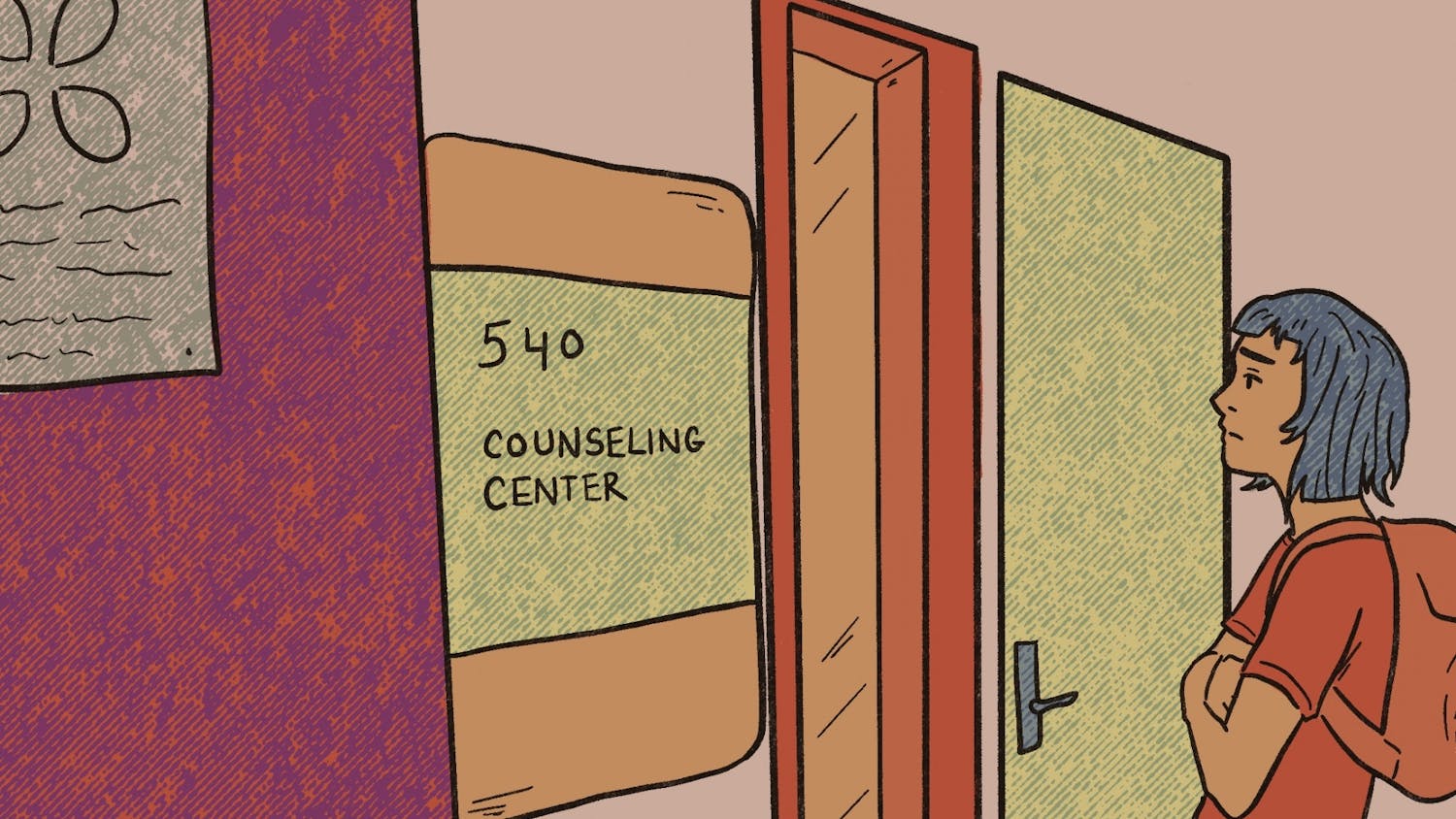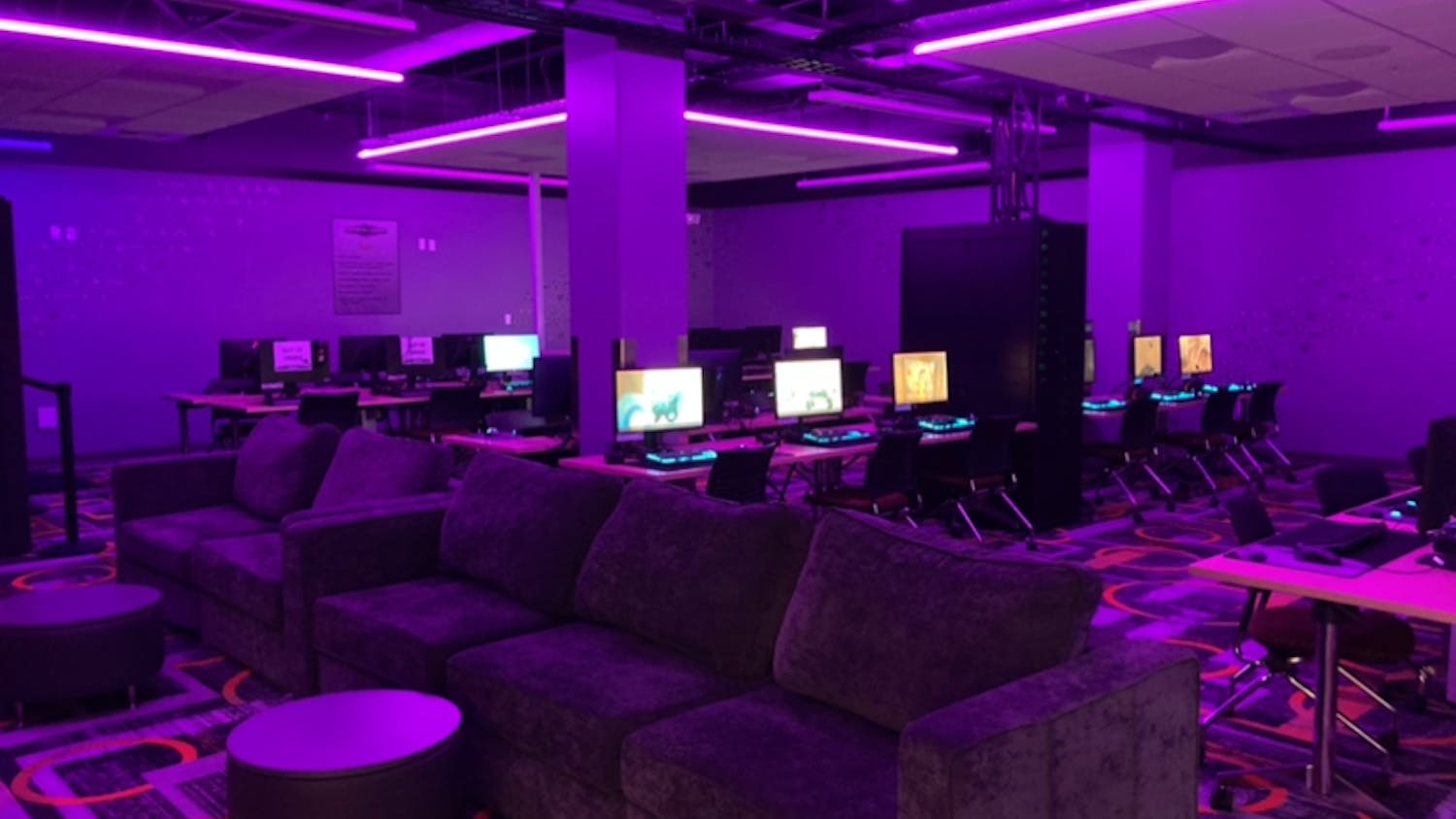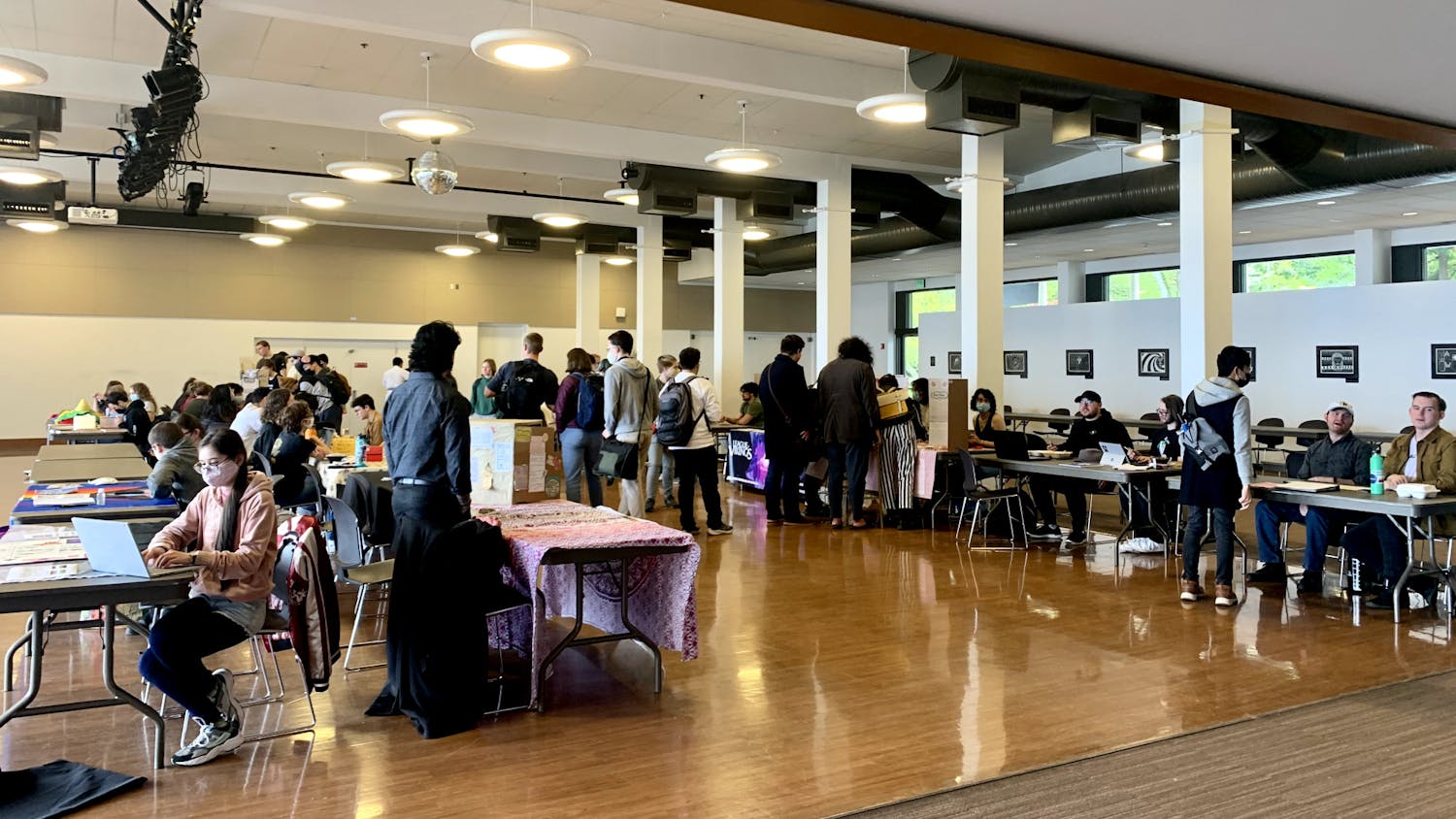Western Washington University’s State of the University Address, held Wednesday, Sept. 28, took a look back on the 2021-22 academic year and described new goals set for 2022-23.
The address occurred at the Performing Arts Center. A live stream can be viewed here.
The event began with a land acknowledgment by Laural Ballew, Western’s executive director of American Indian/Alaska Native and First Nations Relations and Tribal Liaison to the president.
“As we move into the new academic year, it is essential to continue the recognition of who the first people on this land were and to not forget the enduring gratitude they hold,” Ballew said. “Despite the ownership in our eyes, this land has always been a gift. And we hold that relationship sacred.”
Western President Sabah Randhawa was the event’s keynote speaker, beginning with remarks recognizing Western’s success coming out of the pandemic.
“The COVID-19 crisis has shown how we can adapt and come together in new and innovative ways to advance the mission of the university and public education at a time when it is needed more than ever,” Randhawa said.
Western enrollment has recovered from the pandemic with an increase from pre-COVID-19 numbers. During the address, Randhawa described how fall 2022 enrollment hit a high of 3,237 first-year students, passing the previous record of 3,147 in 2018.
John Meyer, the chair of Western’s Board of Trustees, said he recognized Western’s accomplishments despite COVID-19.
“Western welcomes its largest and most accomplished incoming class in history, an achievement at a time when enrollments have been shaky nationally,” Meyer said.
A major accomplishment of the 2021-22 school year was that the spring graduation ceremonies were held fully in person. Randhawa reminisced on his enjoyment of this triumph during his address.
“In June, our first fully in-person spring commencement ceremonies after two years of virtual ceremonies was a joyful reaffirmation of the work we do to prepare students for meaningful lives of achievement and positive impact in the world,” Randhawa said.
Moving forward to this new school year, Randhawa gave attention to the mental health of Western students.
“Student mental health and well-being will require increased attention in the coming year, as it is an important foundation for student persistence and success,” Randhawa said.
One issue related to the mental well-being of Western students is retention rates, which Randhawa said have been stagnant for more than 10 years, stalling at around 80%.
Randhawa said he believes more advising during the first two years of school could be the solution.
“Consider making [advising] mandatory for the first two years and requiring it for every first-year student during the first couple of years,” Randhawa said during an interview. “Essentially, you would have to see an advisor before you can sign up for classes.”
Randhawa hopes a reconstruction of advising at Western, with an emphasis on providing additional guidance for students early in their college careers, could increase retention numbers and solve their long-term stagnation.
“We intend to revise and strengthen the lower division advising structure while ensuring effective coordination with discipline-based programmatic advising,” Randhawa said.
Randhawa said he recognizes that Western students represent an imperative portion of the university, and their issues are of utmost significance.
“Students and their education remain the most important priority for the university,” Randhawa said during an interview. “Both in terms of access, success and what types of support elements we need to make sure they're part of a community.”
To close the address, Randhawa assured staff, faculty and students that Western is recovering well from the pandemic and continuing to improve year upon year.
“The state of the university is strong,” Randhawa said. “There is a great deal to be proud of and celebrate, and there are also persistent challenges to overcome.”
Jack Glenn (he/him) is the editor in chief for The Front this quarter. He began working at the Front in the spring of 2022 as a sports reporter.






